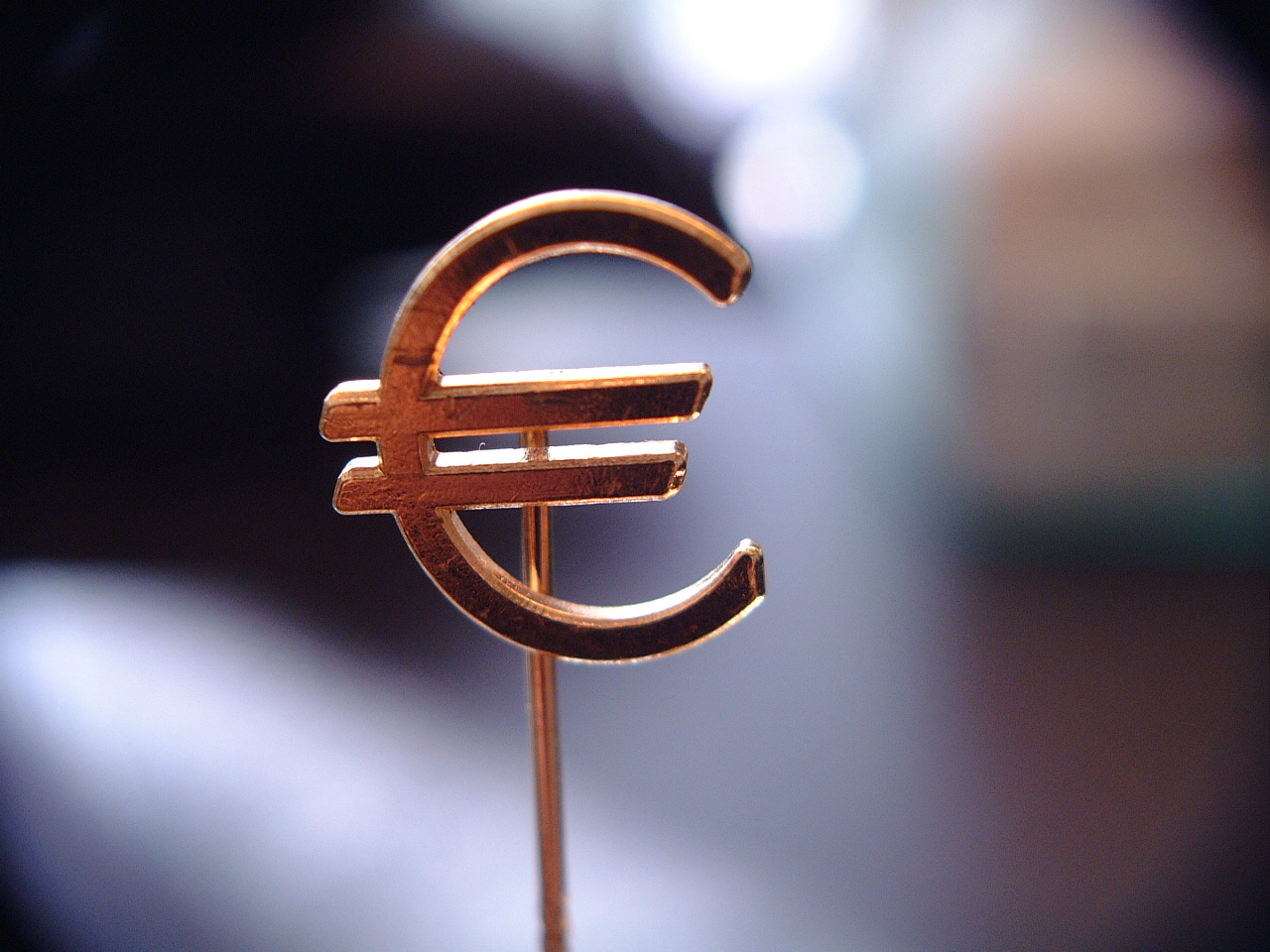DWS: ECB deeply concerned about rising inflation
DWS: ECB deeply concerned about rising inflation

Ulrike Kastens, Economist Europe at DWS, addresses today's ECB interest rate decision:
'The ECB can act boldly, not only on the dovish, but on the hawkish side as well: the ECB is ending its long era of negative interest rates with a small bang: raising all key interest rates by 50 basis points. Given the high inflation rates, this is more than welcome and should also help the euro exchange rate. In any case, serious concerns about the further development of inflation have intensified further in the ECB's communication, especially as rising prices are spreading to more and more segments. As a result, the risks to the inflation trend have not only increased, but even intensified. Against this background, a faster normalization of monetary policy is only appropriate. Explicitly, Christine Lagarde has pointed out that interest rate hikes may be on the cards at any meeting in the coming months, albeit depending on the data situation. Based on our thinking, the neutral interest rate is likely to be 1.5 to 2.0 percent. We think that the ECB will aim for this level for the time being.
The new anti-fragmentation instrument TPI (Transmission Protection Instrument) is intended to support the monetary policy normalization course and can be activated if necessary. The criterion for ECB intervention is “unwarranted, disorderly market dynamics”, which, according to the central bank, pose a serious threat to the transmission of monetary policy. Unlike asset purchases under the PEPP or APP, conditionality comes into play under the TPI, which is based on four fiscal conditions (for example, not being subject to an excessive deficit procedure). ECB President Lagarde also stressed that TPI could apply to all sovereigns and that purchases are not restricted ex-ante. In any case, the first line of defense is reinvestment under the PEPP, which can now be used flexibly. She also explicitly referred to the OMT program (Outright Monetary Transactions), which could also be activated in case of doubt. All in all, the new instrument gives the ECB the leeway to normalize monetary policy more quickly if necessary. The ECB wanted to deliver today and present the new instrument, but uncertainties about its effectiveness remain for now. We expect that the ECB will not rush to use the new instrument lightly, even though conditionality should give it greater acceptance to use it. Ultimately, however, it is up to the European countries to adhere to the rules fiscally, because only then can they also benefit from the asset purchases.'










